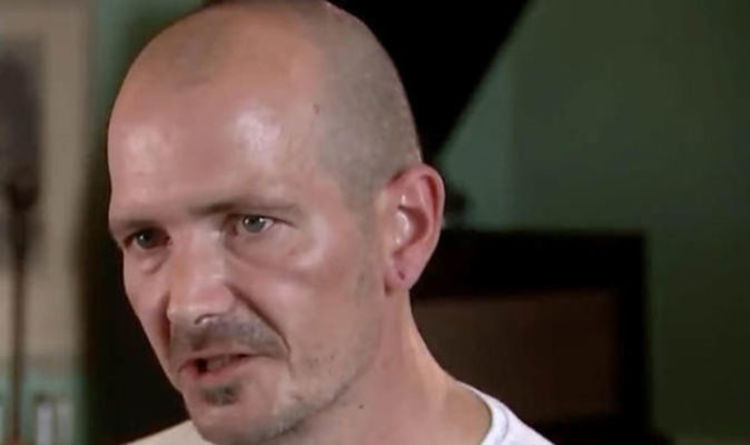London: A British man poisoned along with his partner with a nerve agent, amid an assassination attempt on a Russian ex-spy in England blamed on Moscow, met its top UK envoy Saturday, according to reports.
Charlie Rowley, 45, whose partner Dawn Sturgess died after exposure to the toxin, held a 90-minute meeting with Ambassador Alexander Yakovenko at Russia’s embassy here, Britain’s ‘Sunday Mirror’ said. “I went along to ask them ‘’why did your country kill my girlfriend?’” he told the tabloid newspaper.
“But I didn’t really get any answers. I just got Russian propaganda,” Rowley added, and said Yakovenko’s explanations of Russian innocence in the plot were ‘ridiculous’.
Rowley and Sturgess, a 44-year-old mother of three children, who lived near the southwestern English city of Salisbury, fell ill June 30 last year. Authorities determined they had been exposed to ‘Novichok’, a military-grade nerve agent developed by the Soviet Union during the latter days of the Cold War.
The poison was contained in a perfume bottle that Rowley had found in Salisbury and given to Sturgess. She died eight days later but after two weeks in an induced coma, Rowley was discharged from hospital.
It followed former Russian double agent Sergei Skripal and his daughter Yulia being left in critical condition after they were targeted with ‘Novichok’ in Salisbury three months earlier. The pair survived and has made full recoveries, according to British authorities.
Western allies accused Russian President Vladimir Putin of being ultimately responsible for the poisoning. However, the Kremlin repeatedly denounced the accusations as ‘unacceptable’.
“The ambassador kept saying the substance definitely wasn’t the Novichok they had made because if it was it would have killed everyone,” Rowley told the ‘Mirror’. “He (Yakovenko) kept on saying the British won’t talk to him so he can’t tell us anything that he hasn’t read in the media, so he can only give his view.”
A Russian TV station also reported Saturday’s meeting, saying Rowley was eager for answers that Britain had failed to provide.
AFP
